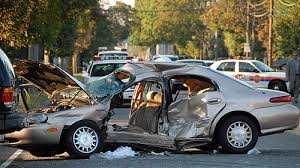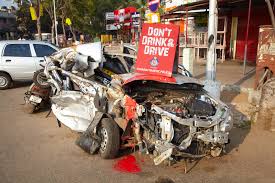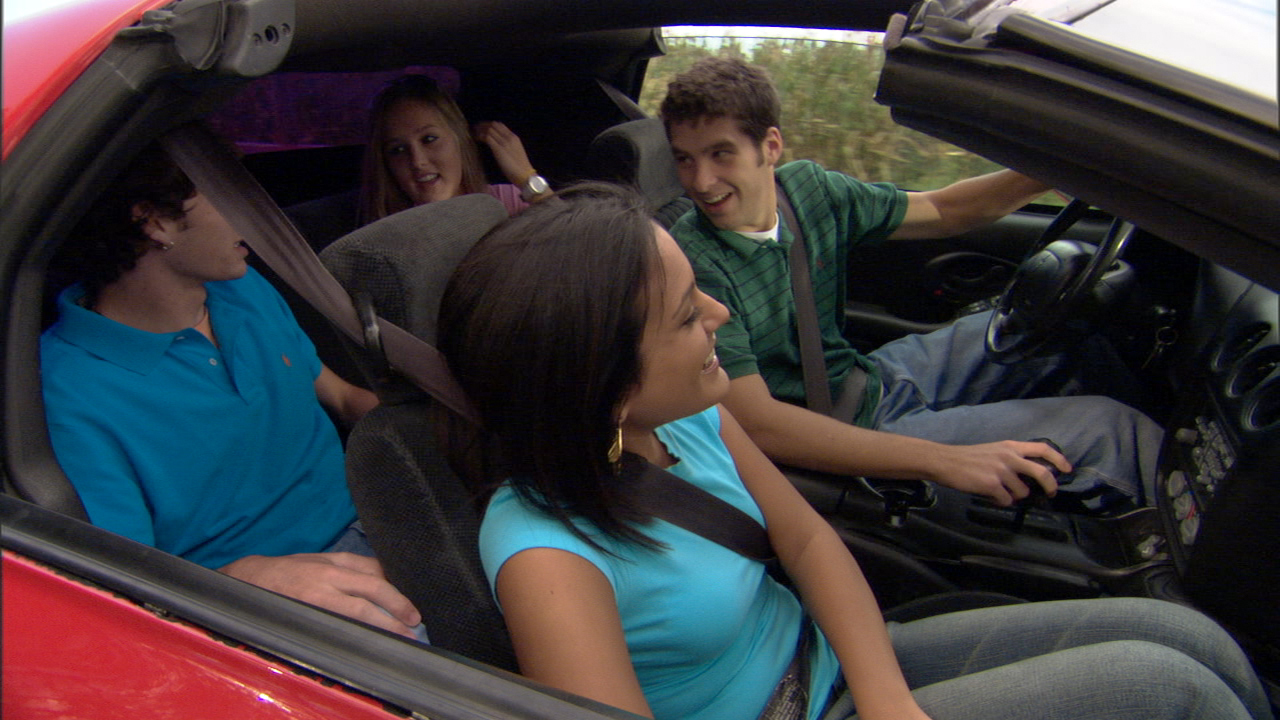As a personal injury lawyers, we have the unfortunate perspective of seeing the devastating aftermath of countless car crashes.
With summer approaching, we wanted to make parents aware of the 100 deadliest days for teens on the road. From Memorial Day to Labor Day, it is estimated that nearly 1,000 people are killed in crashes involving teen drivers and, of those killed, 550 are teens.
Think about this…car crashes are the leading cause of death for teens age 15-20 in the U.S. Teens crash at three times the rate of more experienced drivers. Experts believe the following contribute to the deadliest days:
- Summer driving tends to be more recreational and not as purposeful, such as driving to see friends rather than driving to school or work
- Teens could be carrying friends more frequently and passengers increase the risk of a fatal crash involving a teen driver by at least 44 percent
- Teens may stay out later at night, when crash risk is higher
- With warmer weather and clearer conditions, teens may be tempted to speed
- More drivers are on the roads. Americans drove more than 780 billion miles between June, July and August in 2013, according to the Federal Highway Administration.
Studies have shown that parental engagement improves the odds for young drivers over the next 100 days. In an effort to help parents and teen drivers work together, the National Safety Council has launched a program called DriveitHOME. This campaign was created by parents for parents and features an interactive website with videos, informational resources, and infographics to help parents understand the increased risk for teens driving during the summer months. The site also features a parent forum, a parent/teen driving agreement, and a digital driving coach that offers helpful tips for ongoing practice.
We encourage all parents to check out the resources available at DriveitHOME and lead by example.
- Practice with them- Sit beside them while they drive, before and after they get their license to check on their progress.
- Set a good example- Drive the way you want them to drive. Your teens will mimic your good behaviors and your bad behaviors.
- Sign a parent-teen agreement- This sets guidelines and expectations for you and your teen.
- Let teens earn their privileges- Earning privileges helps teens understand the value of responsibility.
- Talk to other parents- Let others know your rules so they can be enforced even if you’re not around.
Matt Casey and Matt Devoti are partners at Casey & Devoti, a St. Louis-based personal injury law firm. Together they have over 40 years of trial experience handling a wide variety of personal injury cases, including car, truck and train accidents, victims of impaired and distracted drivers, medical malpractice and birth injuries, product and premises liability, elder and sexual abuse, Workers’ Compensation, and wrongful death. Matt and Matt are also authorized speakers for EndDD.org’s ‘End Distracted Driving’ Student Awareness Program.









